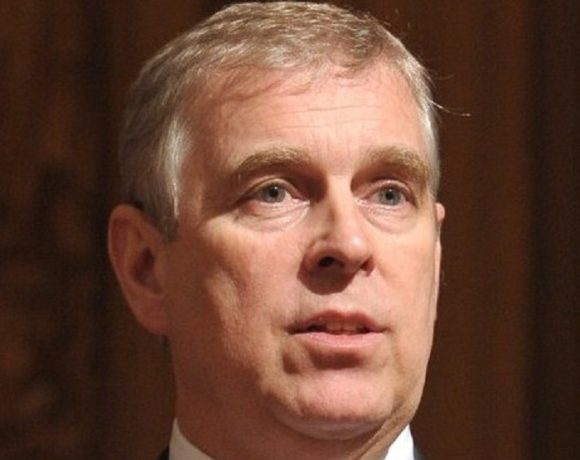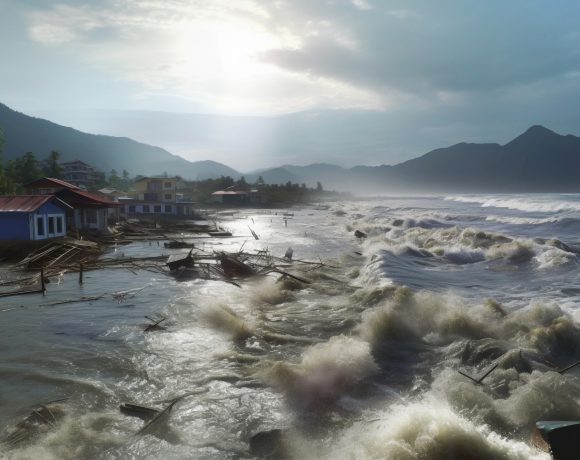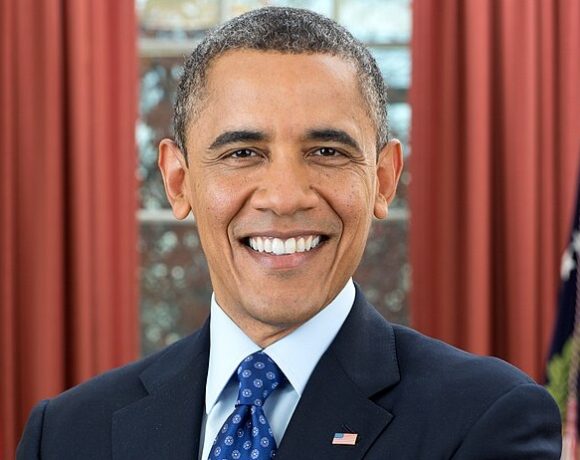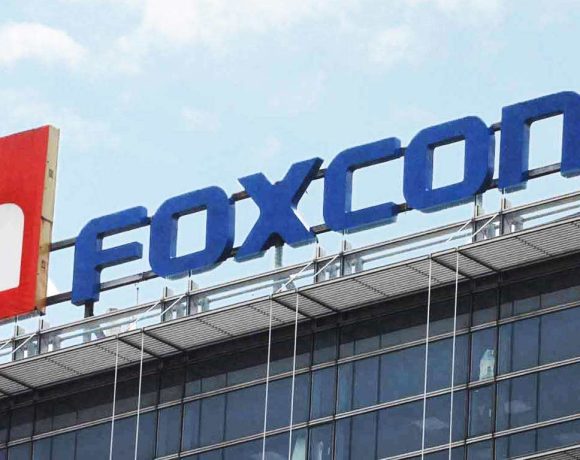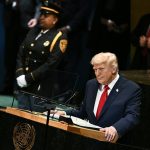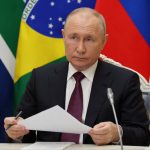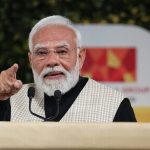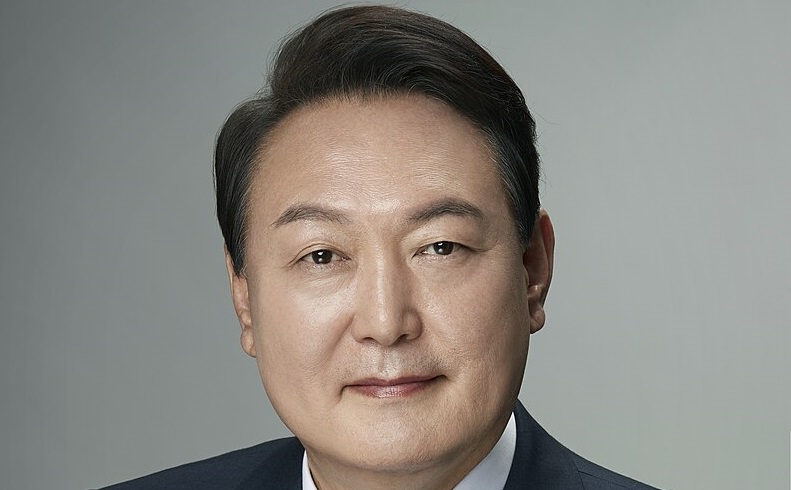
South Korean President Accused of Ordering Guns to Enforce Martial Law
South Korea’s suspended President Yoon Suk Yeol is facing serious allegations of ordering military force to enforce his martial law decree. Prosecutors have accused Yoon of instructing soldiers to use firearms to remove lawmakers opposing his decree during a crucial parliamentary vote.
Details of Allegations
On December 3, Yoon allegedly authorized the military to “break down the doors and drag them [politicians] out, even if it means firing the guns.” The orders were reportedly given to General Lee Jin-woo, tasked with blockading the National Assembly during the vote. Despite these efforts, 190 lawmakers managed to enter and overturn the martial law decree.
Prosecutors claim Yoon directed soldiers to forcibly remove MPs from the voting chamber. He allegedly told General Lee to assign four soldiers per lawmaker to carry them out. “What are you doing? Break down the doors and drag them out,” Yoon is reported to have said, according to the indictment.
Impeachment and Legal Proceedings
Following these events, Yoon’s martial law decree was rescinded by his cabinet. Parliament subsequently voted to impeach him, suspending him from office while a constitutional court deliberates on confirming his impeachment. If upheld, Yoon will be permanently removed from his position.
Prosecutors have also indicted former defense minister Kim Yong-hyun, accusing him of directing General Lee to follow Yoon’s orders. Kim allegedly instructed commanders to seize the National Elections Commission building and arrest its staff using prepared military equipment such as cable ties and hammers.
Backdrop of the Crisis
Yoon’s controversial martial law declaration came amidst political deadlock following an opposition landslide victory in April. He justified the decree as a measure against “anti-state forces” in parliament. The late-night announcement sparked protests and saw opposition lawmakers force entry into the National Assembly despite military barricades.
The constitutional court’s decision will determine the future of South Korea’s leadership amid the ongoing political turmoil.


